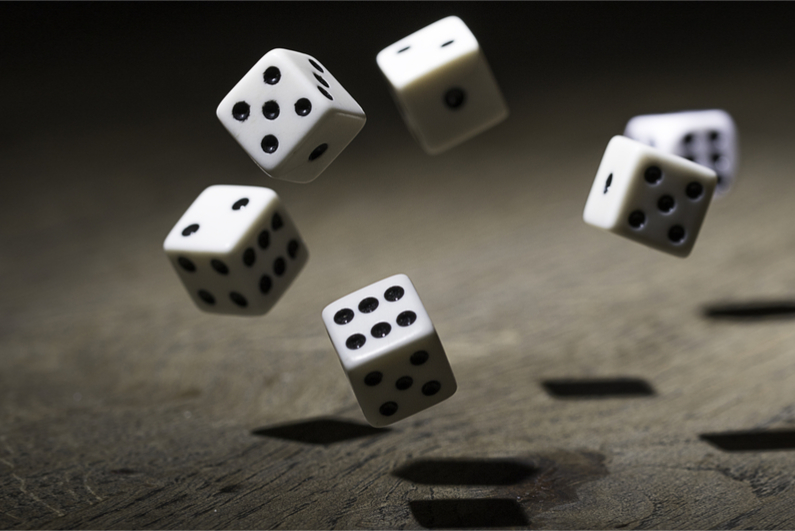Victorians lost $246.2m on gambling machines in August, the second-largest monthly loss in Australia since records began in 1992.
Increasing marketing
August’s gambling loss of $246.2m (£136.3m; $176.8m) is behind only the December 2008 loss of $250.016m (£139m; $180m) during the global financial crisis, according to the Alliance for Gambling Reform (AGR), The Guardian reports.
The alliance blames the government’s decision to grant 20-year licenses for the next round of poker machines that come into operation in 2022. In a report from ABC News last July, it said that this “condemns another generation to family violence, financial wreckage, family breakdown and emotional trauma caused by the poker machine industry.”
Speaking to Guardian Australia, Charles Livingstone, a gambling expert at Monash University, said that the increase in gambling is a “fairly recent trend,” adding that it suggests the market is getting serious about its products.
“And, in Victoria’s case, I think it’s also largely attributable to the fact that now that the government has allowed them 20-year licenses, starting in 2022, they’re starting to invest in new machines that are more lucrative [and] expand their marketing,” Livingstone added.
Pushing for gambling reforms
The state of Victoria in Australia is one area where anti-gambling groups are pushing for change.
In July, it was reported that gambling reformers were seeking to make poker machines a major issue in upcoming elections. According to the report, an anti-gambling group is working to reduce slot machines to $1 (£0.55; $0.72) from its current $5 (£2.77; $3.60) per wager.
A report from the AGR at the time said that gambling on poker machines was linked to an uptick in family violence. “Research indicates that family violence is three times more likely to occur in families in which there is significant harm from gambling than in families in which there is no gambling-related harm,” it noted.
However, while anti-gambling groups are calling for change, the Victorian government doesn’t appear keen to act as quickly as some would hope.
It was reported in May that the government had failed to announce a point-of-consumption tax on corporate bookmakers in the state’s 2018-2019 budget. It was noted that the tax was still being worked on, with details expected to be released over the next few months. An 8% tax was revealed later in May.
Tim Costello, a spokesperson for the alliance, said: “The foreign bookies have been deluging our kids with ads because the super profits from the failure to tax them has attracted a flood of new competition fighting for market share in the lucrative online market.”
More recently, Victoria’s gambling watchdog, the Victorian Commission for Gambling and Liquor Regulation (VCGLR), found itself in the firing line after it allegedly failed to investigate misconduct at the state’s Crown Casino. According to a report, the use of plastic picks, no bigger than a guitar plectrum, were being jammed into the play button of gambling machines to enable continuous play.
The report noted that this was leading to an increase in losses for problem gamblers.
Gambling numbers falling?
Interestingly, a June report suggests that gambling levels are falling in Australia year on year, according to a study.
The research found that gambling in the country fell from 50.6% to 49.1%, comparing the same periods in 2018 and 2017. Notably, though, it’s not known whether the results from the 50,000 questioned residents of Australia took into account gamblers engaged in online betting.
As with most countries, Australia is working at cracking down on problem gambling, but more needs to be done. The second-largest gambling loss ever may be the push the country needs to take more decisive action at tackling the impact of gambling.
